Social Practices
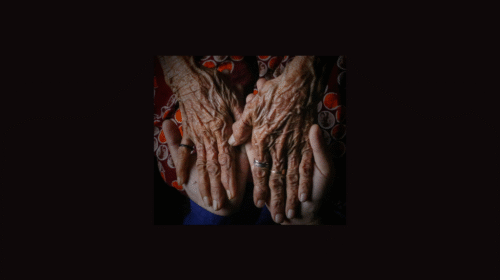
Is it Love and Unpaid Work? Variations on an Emerging Profession in the Popular Care Economy
Argentina’s popular care economy reopens questions about knowledge and labor “from below”, as well as their economic, political, and societal valorization in processes of professionalization.

Tejiendo desbordes para continuar cuidando: el caso de los comedores populares de Lima, Perú
Las mujeres de los comedores populares generan diversas formas de agencia conscientes o no, feministas explícitas o no, para asegurar directa e indirectamente el cuidado. Se trata de un ejercicio de desborde constante del Estado desde lo cotidiano y, a través de relaciones de cooperación y/o confrontación con el Estado.
Creating Common Care (Bilingual Seminar)
The Revaluing Care in the Global Economy project invites you to a seminar on Creating Common Care, examining how community care structures intersect with labor, the state, and economic precarity in Latin America. The event will take place online on Friday, April 4, from 10:00 AM to 12:00 PM Eastern Time.

Destruction as Care
Destruction as care means imagining more-than-human flourishing. The experience of Galician common lands challenges the idea that care only sustains life. Acts of destruction, like cutting trees, can also be care, questioning whose life is being reproduced and why. More-than-human relationalities in land management expand ideas of ecological reciprocity.
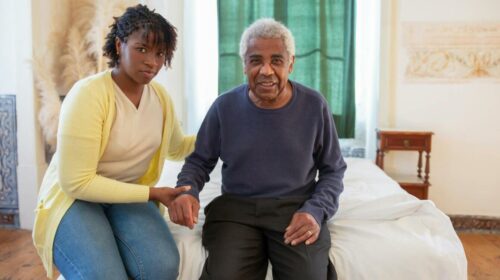
Discretion or Standardization? How States Assess Eligibility for Home Care
Millions of elderly people and people with disabilities depend on Medicaid-funded home care services. But there is a lot of variation in how states evaluate home care eligibility. Standardized assessments leave room for discretion and interpretation of what constitutes disability – which can be both a tool for personalized care and an obstacle for developing quality benchmarks.
Urban Care
Join us on Friday, January 31, from 10 am to 12 pm ET for a discussion on care, labor, and urban transformation
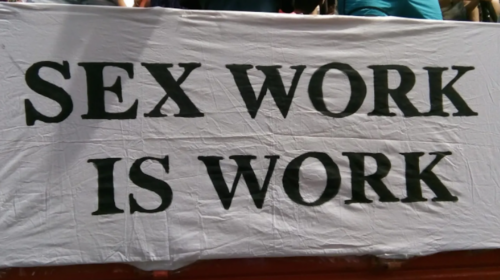
Sex, Work, and Care
Sex workers forge critical connections to end gender violence, combat stigma and criminality, and build a more caring world.
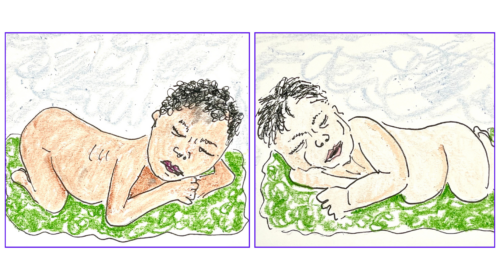
The Nappy Revolution
Caring for Life: a new book that re-values nappy-free infant hygiene care practices

Feminist Abortion Accompaniment: An Emerging Model of Care in the U.S.
The Latin American model of feminist abortion accompaniment has emerged in the U.S. as a grassroots response to restrictive abortion laws and barriers to access. Networks such as Mexico’s Las Libres provide free abortion pills and virtual support powered by transnational, intergenerational feminist solidarity
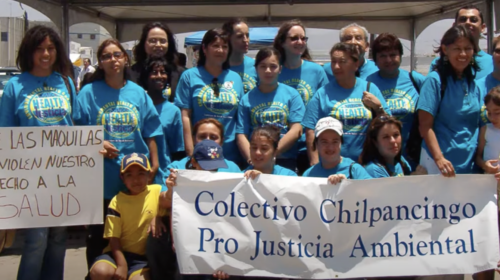
Fronteriza Care Work Epistemology and Environmental Justice Organizing in Tijuana-San Diego
Environmental justice activists at the border strategically use their lived experiences as fronterizas and care workers to both identify issues in their community as well as to link their localized realities to global political economic processes
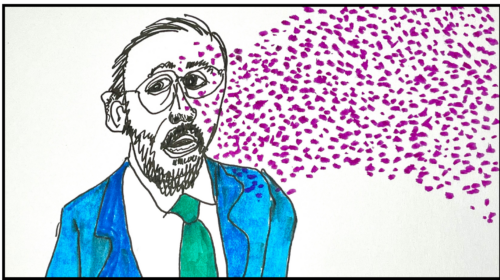
Mexico’s “Women’s Moment”: What we can learn from Mexican feminisms about women in power and feminist practices of care
As US voters consider whether to follow Mexico’s lead in electing its first female president, a reminder that real change needs to happen in the streets.
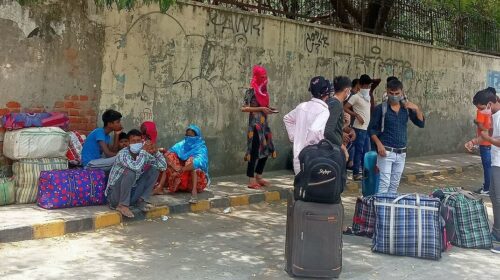
Migrant Men in Care: Navigating Masculinity and Global Inequities
The participation of migrant men in care work challenges traditional gender norms, prompting a redefinition of masculinity as they balance both physical and emotional caregiving. This shift calls for a more inclusive understanding of care, while acknowledging the structural inequalities that continue to shape the global care economy.